Hans-Jörg Rheinberger first studied Philosophy and Linguistics in Tübingen and Berlin and then a second degree in Biology and Chemistry. Afterwards he worked as a molecular biologist in a laboratory at the Max Planck Institute for Molecular Genetics in Berlin before turning to the history of science. Stints at Stanford University, the University of Lübeck and the University of Salzburg eventually led him to the Max Planck Institute for the History of Science in Berlin, with which he is still associated today. He is currently working on the interfaces between science and art. He is interested in which aesthetic moments enter into scientific work and which cognitive interests drive artists when they create their works. He has also been writing poetry since the age of 18. Hans-Jörg Rheinberger comes from Vaduz and has lived in Berlin for over 50 years. He is 75 years old.
Where and how did you grow up?
I grew up in a doctor’s family in the Red House and then in Beckagässle in Vaduz and took my University Entrance Qualification at the Collegium Marianum in 1966. At my time the Marianum was still a Marist school under its headmaster Ingbert Ganss. The first fully employed secular teacher at that time, Josef Wolf, taught us German in the final years.
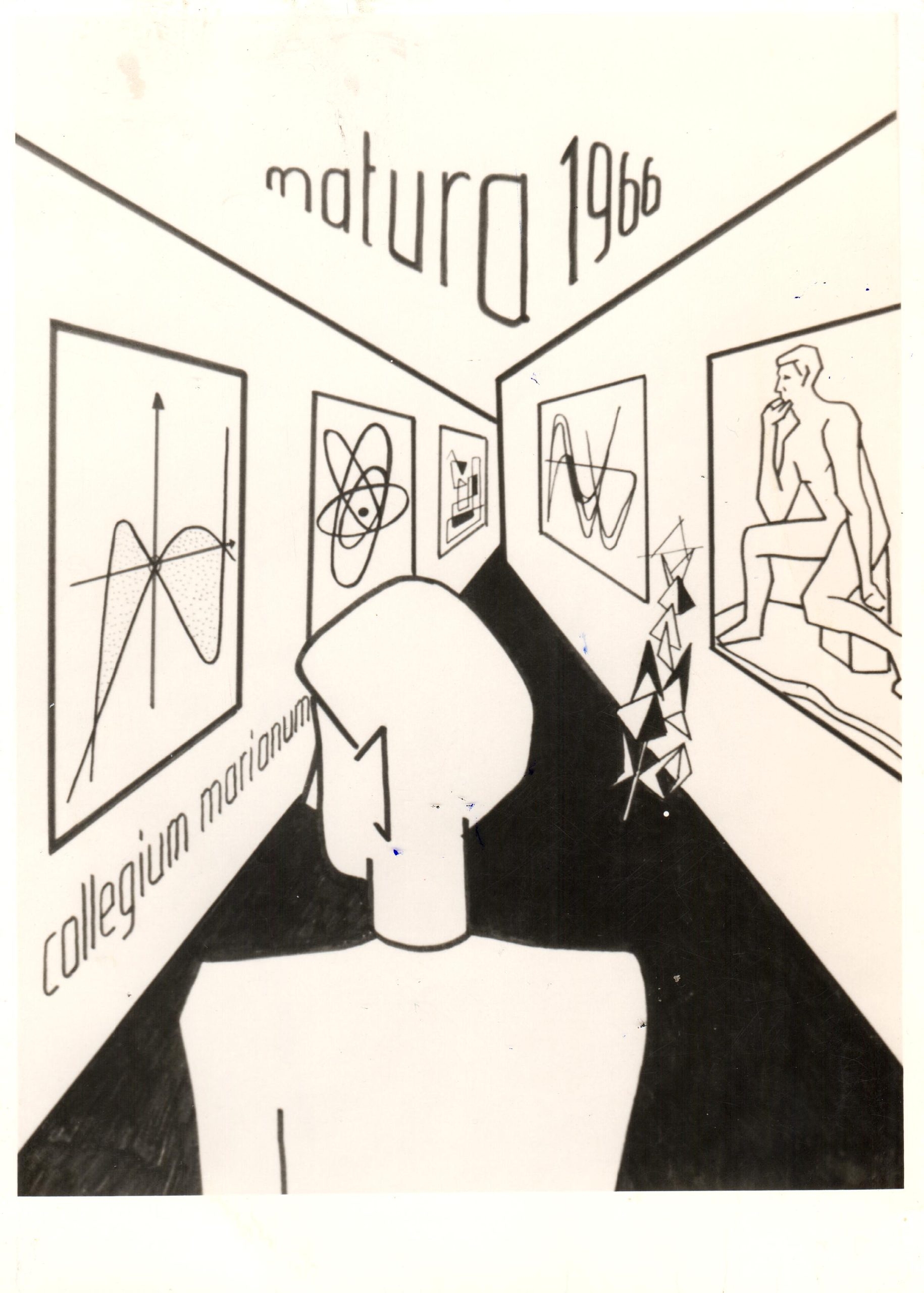
Could you describe your professional background?
There was never any doubt that I would study. But I didn’t have any particular inclination towards a specific subject. The decisions were only made during my studies.
Were there certain events or stations that were formative for your career?
At the beginning of my third semester in Biochemistry at the University of Tübingen, I was supposed to enrol in a chemistry internship. The sight of the lab benches with all the glass vials and the all-pervasive smell of acids wafting through the hall, and the fact that you had to deposit 20 DM in advance for broken glass, made me turn on my heels and rush to the enrolment office where I de-registered from the biochemistry course I had just started and enrolled in Philosophy instead. That’s where I stayed until I turned to biology again after completing my philosophy studies, when I was then already in Berlin.
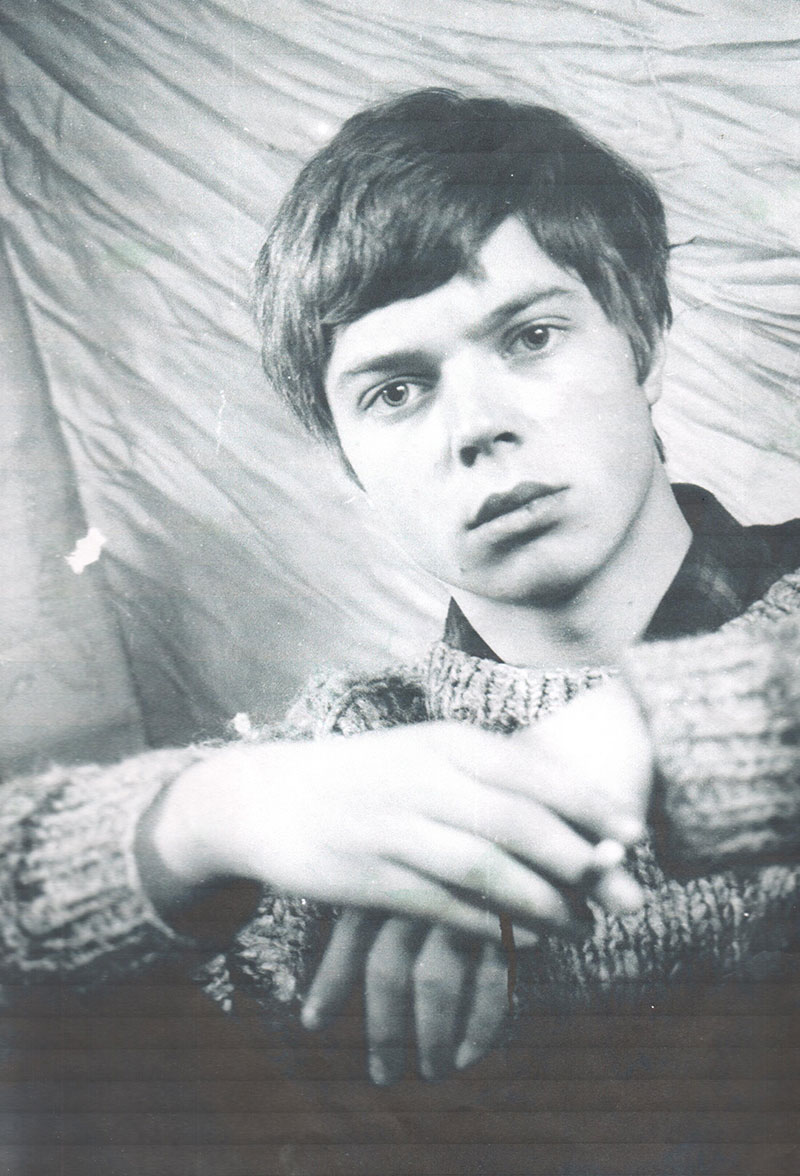
Were there certain people who were formative for your career?
No one was formative for my academic career. At that time we rejected all authority and thus also role models.
Has your environment supported you in your career?
We created our own environment as students.
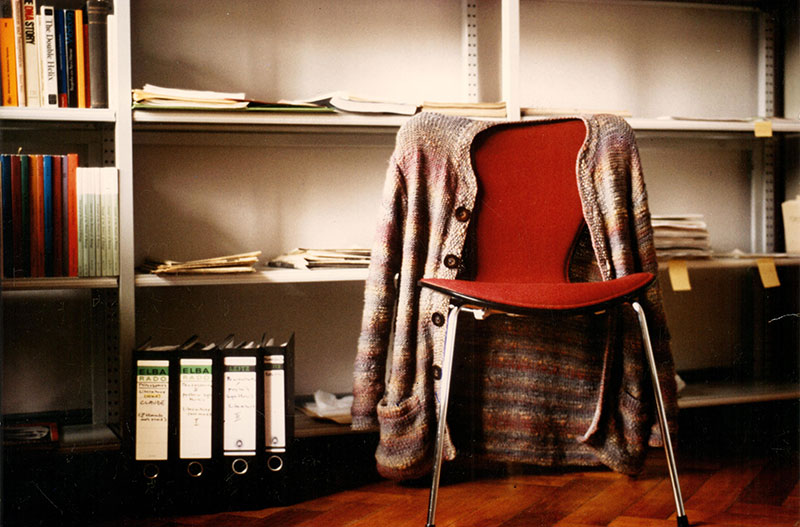
What are your current activities?
I write books and poetry and enjoy talking to curious, non-judgmental people of all ages.
Does what you are currently doing fulfil you?
It fulfils me, because that’s how things have developed.
What or who inspires you in everyday life?
That every day is like the other and yet every day is new: repetition and difference.
What or who gives you strength and energy in everyday life?
The morning run and Ineke, my wife.
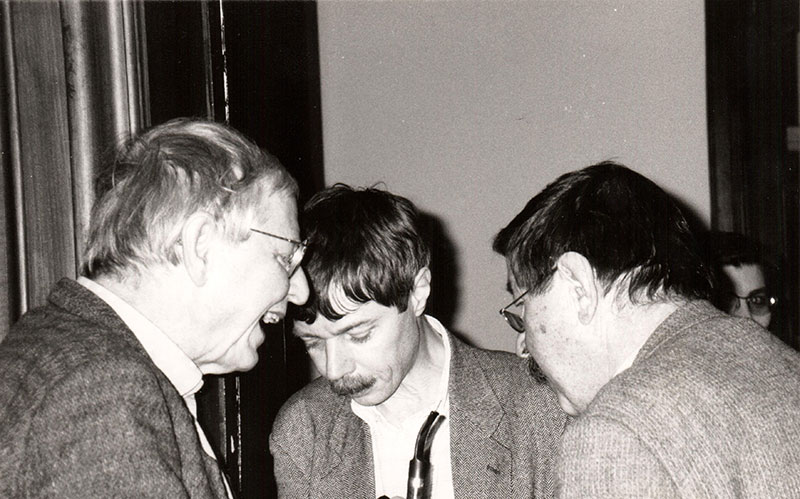
There are ‘magic moments’ when everything seems to fit. Moments that fulfil, inspire and give strength. Moments that confirm that the effort is worthwhile and that what you do is meaningful and valuable. Have you already experienced such moments in relation to your own activities?
I don’t believe in magic moments. They are illusions that are created afterwards. Besides, I’m more inspired and challenged by what doesn’t quite work out the way I thought it would.
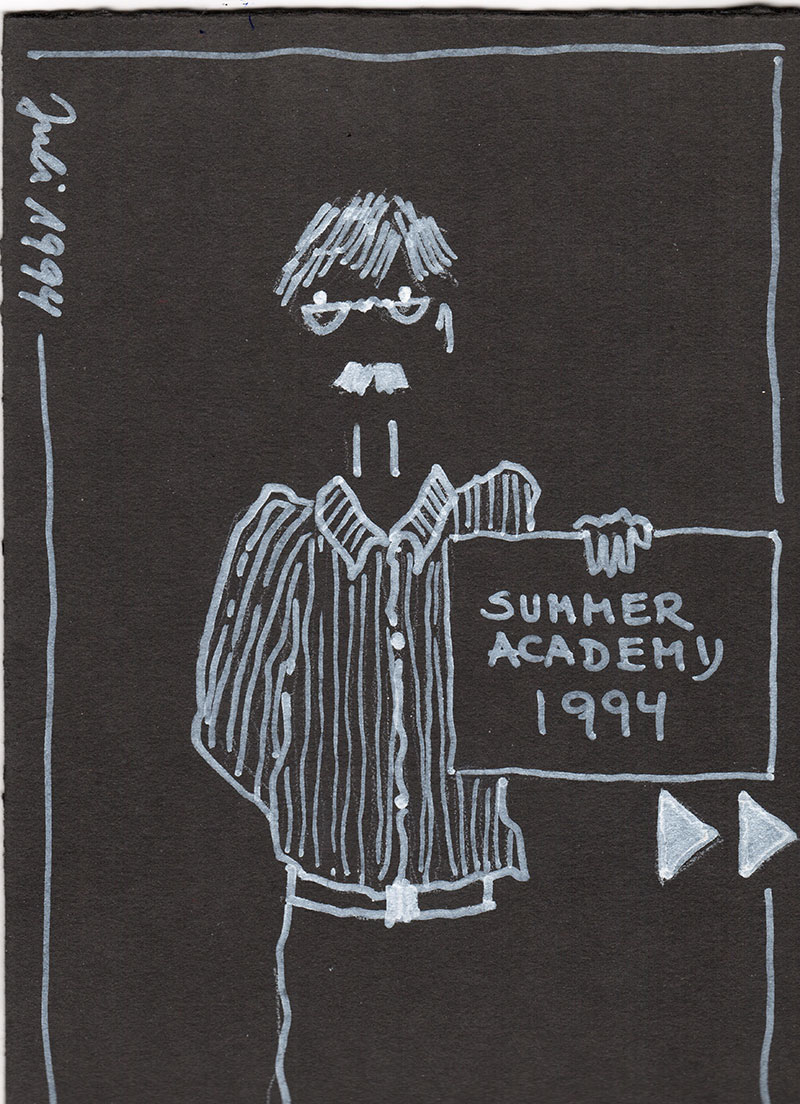
Are there moments when you doubt what you are doing?
Doubt about what I do accompanies me constantly. Without it there would be no productive work.
In retrospect, can you find something positive in difficult moments?
If too much comes together it can have a rather paralysing effect.
Is there anything you would do differently in retrospect?
That is difficult to answer. But if I had to live my life all over again it would probably be different, not because I would have wanted to do something differently, but because it would have turned out differently.
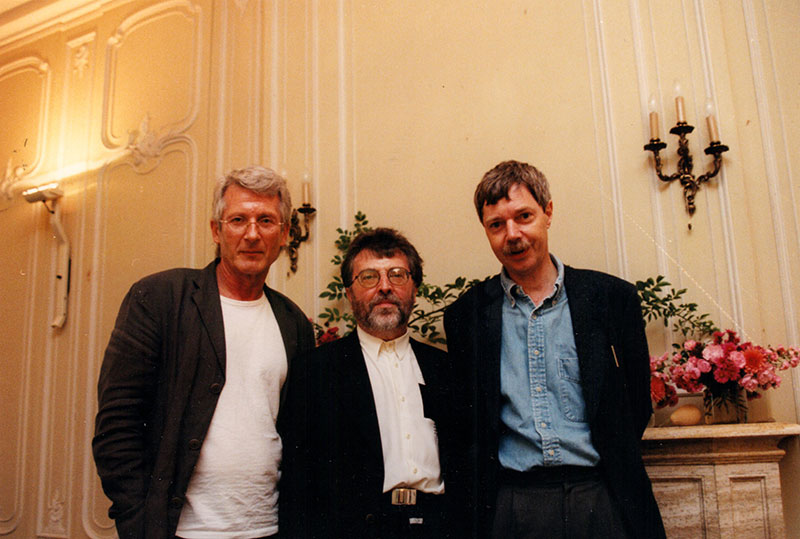
Do you want to contribute to society with your activities?
I believe that my work belongs to the cultural life of our society and is thus an integral part of it. On the one hand I try to add new facets to my science to enrich and reshape it, but on the other hand I also try to contribute to society’s understanding of science.
Is the recognition of other people or the public important to you?
Being part of a scientific community and being able to publish internationally in its professional journals is automatically associated with recognition of one’s own work; in other words, one becomes part of such a community by having one’s work recognised collectively. If the broader public also honours what I do, I am happy, but I also have to be able to live without this recognition.
How well can you live from what you do professionally?
I am fortunate to be able to make a good living from my chosen activity.
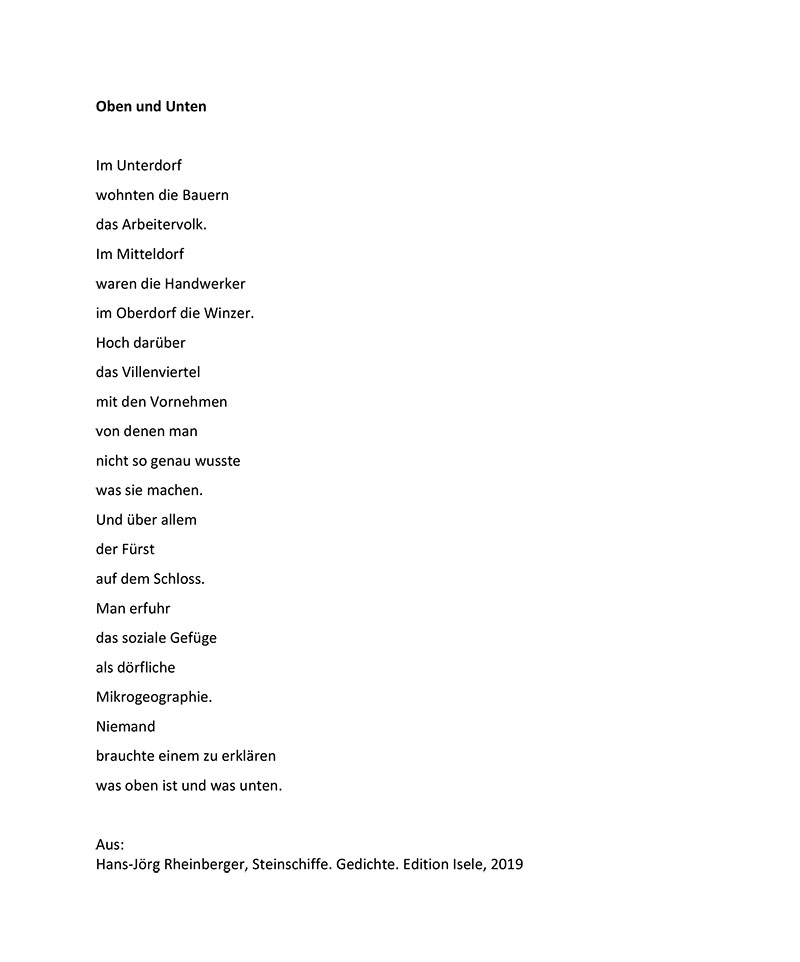
Is there something that is particularly occupying you at the moment?
I am concerned about the still prevailing ignorance of business and politics in environmental and climate issues. The planet is continuously being plundered relentlessly. There is no excuse for this.
Is there something you would like to (increasingly) spend time on in the future?
I would like to be able to continue as long as possible what I am doing at the moment: on the one hand my poetic activity, on the other hand my explorations in the history and philosophy of science.
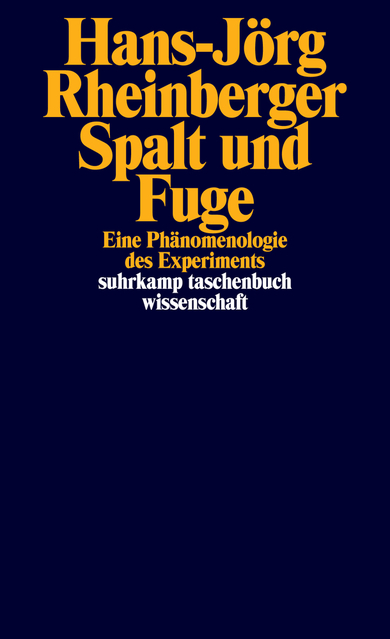
What are you most grateful for in life?
For life as such.
Links
Max-Planck-Institut für Wissenschaftsgeschichte in Berlin (MPIWG)
Recommendations
On my own behalf:
Hans-Jörg Rheinberger, Spalt und Fuge. Eine Phänomenologie des Experiments. Suhrkamp, Berlin 2021
Hans-Jörg Rheinberger (Hrsg.), Die Italienreise 1897 von Egon Rheinberger. Eupalinos, Schaan 2020
Credits
All pictures: Hans-Jörg Rheinberger
This interview is part of the project ‘Magic Moments’ by Kunstverein Schichtwechsel, in which people are interviewed about their careers, activities and their magical as well as difficult moments.
Curated by Stefani Andersen and Laura Hilti, Kunstverein Schichtwechsel.
Supported by Kulturstiftung Liechtenstein and Stiftung Fürstl. Kommerzienrat Guido Feger.
>>> All interviews
